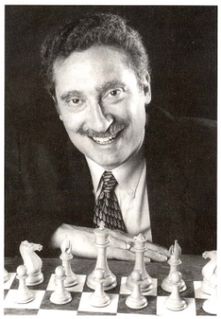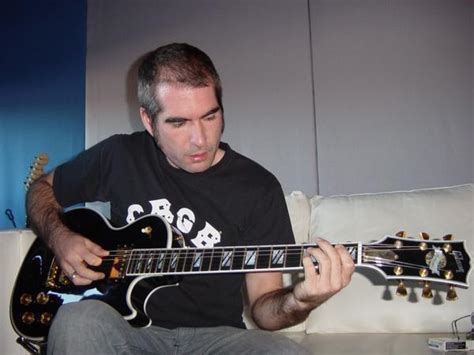A Quote by Sam Vaknin
The ability to imagine oneself in another's place and understand the other's feelings, desires, ideas, and actions. The most obvious example, perhaps, is that of the actor or singer who genuinely feels the part he is performing.
Related Quotes
I'm proud of my ability to understand what somebody else is trying to do and help them achieve it, because part of the aesthetic of improvisation is service. You never say no. Serve the servant, follow the follower. And that's very valuable in your life, as well as very valuable in your actor's work. I'm damn proud of my ability to help other people achieve their ideas.
The way to liberation lies through this realization of the Self, by God-communion and by remaining in this God-aware state of the soul while performing dutiful actions. Any individual can reach this supreme actionless state by the renunciation of all fruits of actions: performing all dutiful acts without harbouring in his heart any likes and dislikes, possessing no material desires, and feeling God, not the ego, as the Doer of all actions.
To be changed by ideas was pure pleasure. But to learn ideas that ran counter to values and beliefs learned at home was to place oneself at risk, to enter the danger zone. Home was the place where I was forced to conform to someone else’s image of who and what I should be. School was the place where I could forget that self and, through ideas, reinvent myself.
We are not what we seem. We are more than what we seem. The actor knows that. And because the actor knows that hidden inside himself there's a wizard and a king, he also knows that when he's playing himself in his daily life, he's playing a part, he's performing, just as he's performing when he plays a part on stage.






































